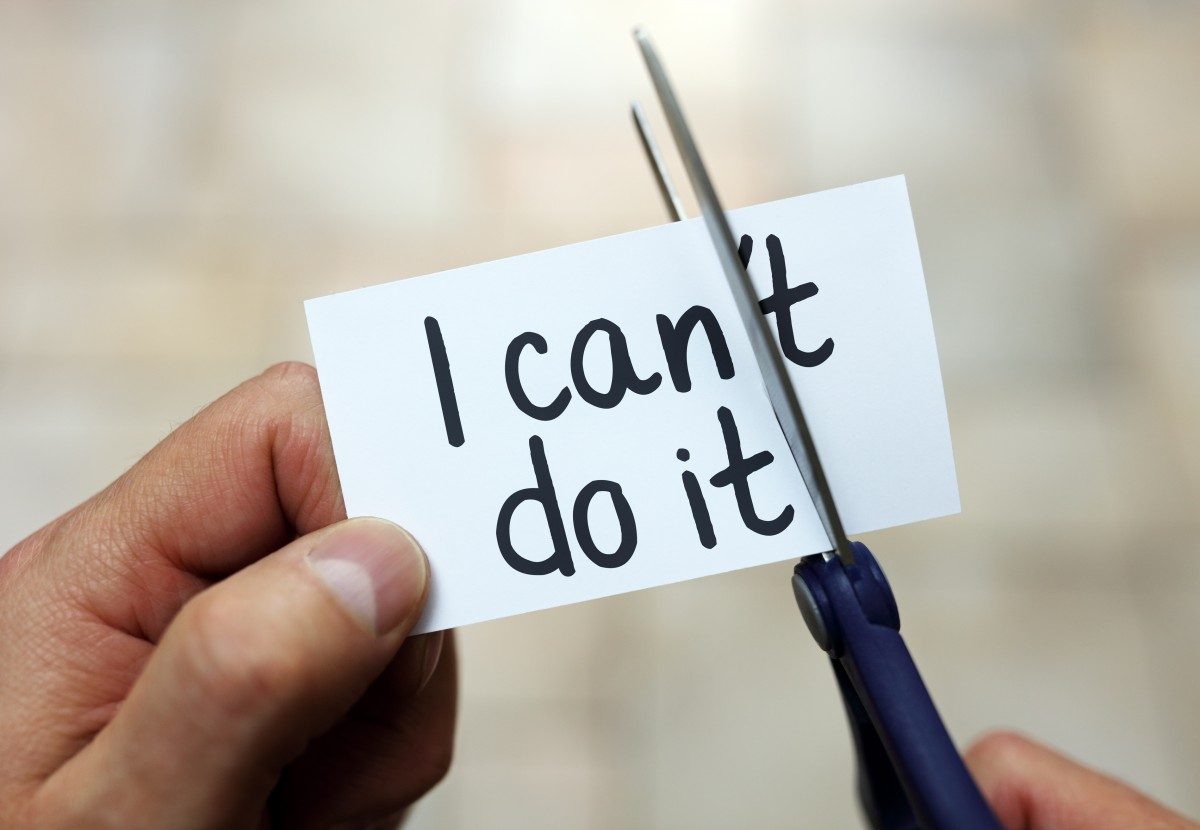
Most new year resolutions fail. Here’s how to keep them.
Focus on habit and behaviour patterns to make long lasting change
How’s your new year’s resolution going?
According to various studies and statistics, it’s likely not going very well at all. One commonly cited study suggests only eight per cent of us will be successful in forging a new year, new you in 2018.
Yikes.
Why does this happen to so many of us, especially when our goals centre on fitness? Exercise psychology researcher Dr Shaelyn Strachan has some theories.

Dr Shaelyn Strachan
“We often get so fixated on results that we forget about planning for our unique lifestyles or why we’re wanting to make a change in the first place” says Strachan, an associate professor in the Faculty of Kinesiology and Recreation Management at the U of M.
“To really make a change, we need to focus on our habits and behaviour patterns.”
Strachan has put together some research-driven advice on how to keep you on track for the new year and beyond.
Do it for the right reasons
To create long standing change, it’s important to build your resolution around your core values. For example, for some older adults, a core value might be family. They might realize they’re better able to keep with their grandchildren if they exercise. For younger people and parents, it might be setting an example for their own children. Or, if a core value is overall well-being, it might be about gaining the strength to get through a busy work day and to have energy to maintain a social life.
Once you find that core value, display it somewhere. A sticky note on the mirror, keeping a journal, something to remind you why you’re choosing to make a change. This will help when the going gets tough.
Find enjoyment
Some people take a punishment approach to exercise, beating themselves back into shape with grueling exercises or intense routines. This won’t last because you can only do that for so long. And if it’s not enjoyable, you’re probably not going to keep with it.
You don’t have to punish yourself to get results. It’s simple: you’re going to stick with something longer if you enjoy doing it.
If you haven’t been active in a while, it’s important to ease back into it. Your body and mind aren’t going to dramatically change overnight. It’s going to take time. Want to be more active but maybe going to the gym isn’t’ your thing? Think of a sport or activity you enjoyed in high school and find a way to play it again recreationally. Or, infuse something you like to do with the activity. If you enjoy being social or chatting, find a friend to walk, jog, and be active with.
Make a plan that leads to success
Having a plan sounds like an obvious piece of advice, but it’s worth mentioning. So many people fail on their resolutions because they don’t have a plan, or the plan they have doesn’t work for their lifestyle. Life will get in the way of even the best laid plans, so it’s important to develop something that works best for you. Have to miss a workout for some reason? Do something else. Park the car at the back of the parking lot to get your steps up. Read about a new work out or an activity you might want to try. It might not be the same as being on the treadmill, but at least it’s something. Don’t be so focused on results; remember, you’re also trying to create a behavioral pattern. Maintaining the pattern, even when the activity doesn’t seem it’s going to be worthwhile, has tremendous value.
Commit to your goals
OK, you’re making a change for an important reason, you’re finding it enjoyable, and your plan is rock solid. Now, you need something to keep you going for when the going gets tough. Some examples include making an appointment with someone else to exercise. You’re less likely to skip out on your workout if you’ve committed to doing it with a friend. For some, the added pressure of signing up for an athletic event (like a 10K or half-marathon) might keep a commitment on track. Lastly, tell people about your goals. It’s a good way to keep yourself accountable.






